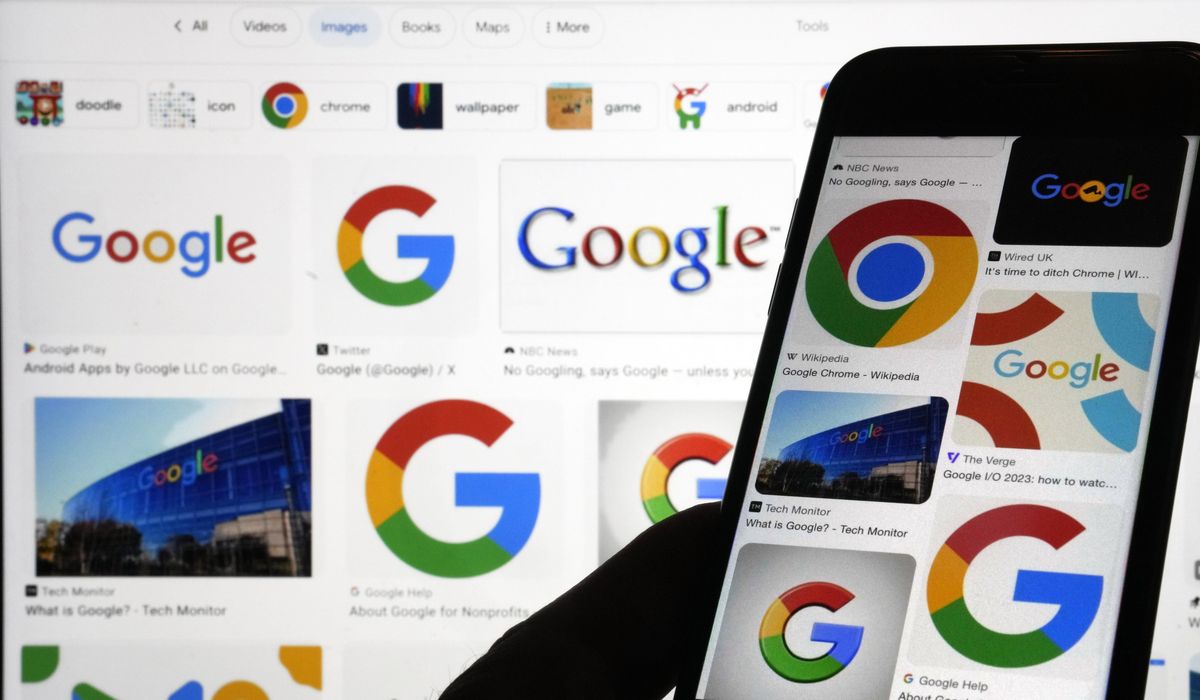If Google loses its antitrust case, it could lead to significant changes that will challenge the search engine’s dominance and reshape the way people search for information, entertainment, and commerce online.
The ongoing trial, which is investigating Google’s business practices, has yet to reach a conclusion in determining whether Google has illegally monopolized the search engine market. However, if the ruling goes against Google, it could have far-reaching consequences.
For starters, the judge could compel Google to allow more startups and third-party competitors to compete with the search giant, increasing competitive pressure and potentially improving the quality of online services. Yelp, an online business review site, is among Google’s critics, and its senior vice president of public policy, Luther Lowe, believes that opening the floodgates would be beneficial.
Google’s search engine has gained its large market share by providing users with valuable information from the billions of indexed websites. In addition, Google pays billions of dollars each year to secure its position as the default search engine on popular smartphones and web browsers. While users have the option to switch to a different search engine, the process is often tedious and not widely done.
The payments Google makes to maintain its default position are a significant part of the Justice Department’s case against the company. If ruled against, these payments may be prohibited, and smartphones and web browsers could be required to offer users a choice of different search engines during setup, as is already done in Europe.
However, even with this change, it remains to be seen if people would choose an alternative search engine over Google. Many users believe that Google is the best search engine available, or they simply trust the brand more than other options like Microsoft’s Bing or DuckDuckGo.
Microsoft CEO Satya Nadella testified during the trial, stating that Google has a hypnotic hold on users. He suggested that the only way to change search behavior is by making a different search engine the default choice.
If default search agreements are banned, Microsoft could potentially purchase the default position for Bing. Nadella emphasized the importance of defaults in changing search behavior.
Florian Schaub, an associate professor of information at the University of Michigan, believes that the fairest outcome would be a complete ban on default agreements between companies, allowing consumers to have more choices. However, such a ban could also have unintended consequences, including potential price increases on popular products if Google stops paying large sums to be the default search engine.
In terms of future innovation, a government victory in this antitrust case could have implications beyond just Google’s search engine. It could lead to a broader examination of default settings across the technology industry, potentially challenging the closed ecosystems established by companies like Apple.
Ultimately, the outcome of this antitrust case could shape the future of search engines and how people access information online. It remains to be seen how the judge will rule and what impact it will have on Google’s dominant position in the search engine market.








